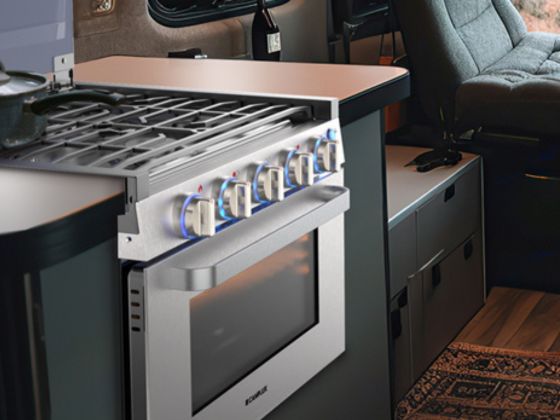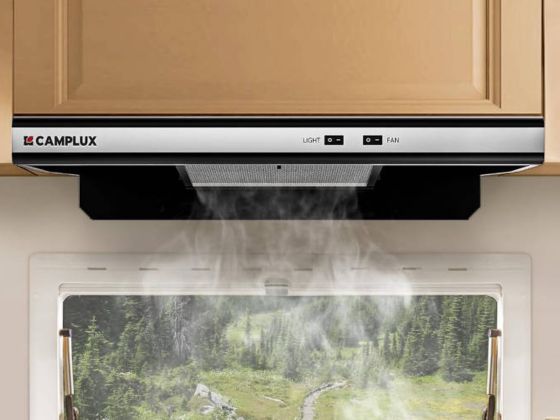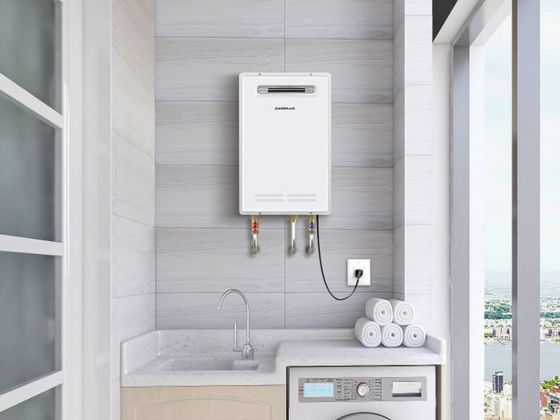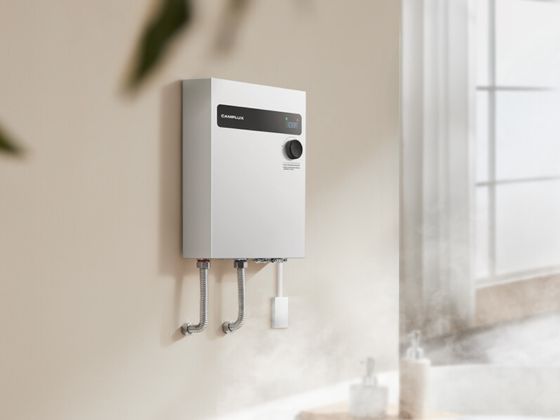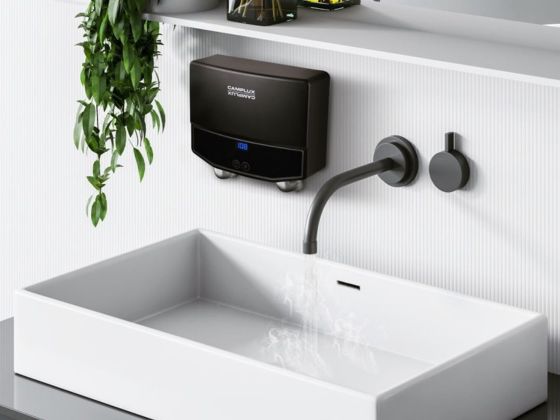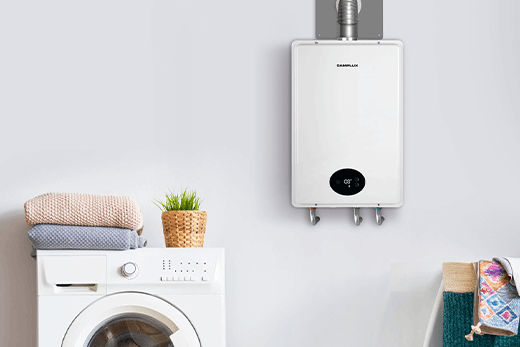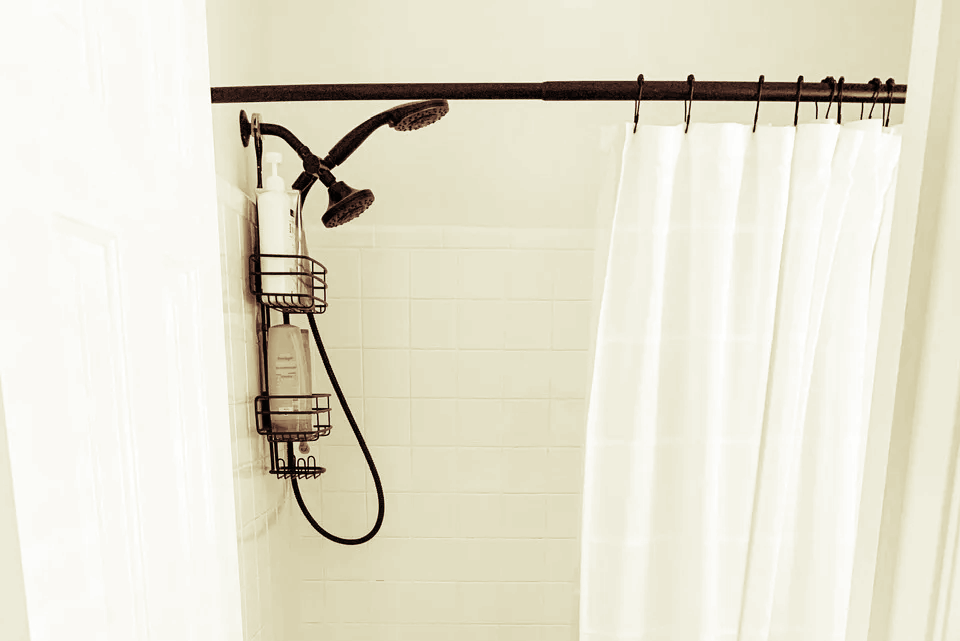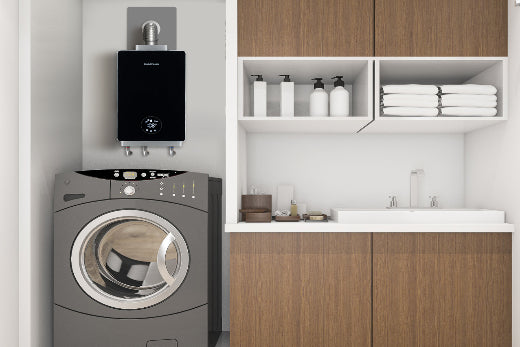If you’ve ever had to go without hot water in your home, you’ll know how important having a well-functioning water heater is. If it’s time to replace your existing water heater, you may wonder whether you should stick with the type you already have or go with something else.
Gas and electric are the main types of water heaters available, and they have some key differences in terms of their operation, costs, and efficiency. Understanding more about their pros and cons will help you decide which type of water heater is better for your home.
What’s the Difference Between a Gas Water Heater and an Electric Water Heater?
Gas and electric water heaters both supply hot water to your home. The gas variety provides the heat by burning fuel provided through a gas line and the electric type generates the heat through electric resistance coils. Electric water heaters are usually a little smaller than their gas counterparts.
Gas vs. Electric Water Heater Costs
On average, when purchasing a gas water heater, you’ll spend around $100 to $200 more than you would on a similar quality electric version. However, even though the upfront cost is more, gas water heaters usually cost less to operate. This means your annual bills could be significantly lower, resulting in bigger savings over time. Of course, this can vary, as there are some areas of the country where natural gas is more expensive than others.
Energy-Efficiency
The U.S. Department of Energy states that water heaters account for around 18% of the average home’s energy use. Of course, you can reduce your bills by simply cutting back on water, but the type of water heater can also make a big difference when it comes to energy efficiency.
If your home already has a gas line, a gas water heater will likely be a far cheaper model to use and maintain.
Installation
Replacing a gas hot water heater with either a gas or electric one or replacing an electric one with another electric one is typically a straightforward process. When installing an electric heater, it is plumbed and grounded. A gas heater with an existing gas supply is plumbed, the gas supply hooked up, and the vent connected.
The difficulty comes in when switching from electric to gas. In a new gas heater installation, the tank is plumbed like the others, but a gas line needs to be run to the new location. Then, a vent must be created, which may mean cutting or drilling into the side of the home. This can increase both the time and cost of the installation.
While more energy efficient, electricity just costs more than gas. So, any savings you get from a more efficient appliance go right back into actually powering the unit; therefore you can expect to spend more using an electric water heater.
Durability
Although gas water heaters may need more maintenance over the years, there isn’t a great deal of difference in terms of their longevity. A well-maintained gas unit should last at least 10 years, and you may get a couple more years out of your electric system.
Tankless water heater systems can last at least 20 years. So although there are higher upfront costs for the unit and installation, you could get considerably more use out of the system. This is worth considering when making a final decision.
Whichever system you opt for, it’s good practice to have an annual maintenance check to help ensure your tank lasts as long as possible.
Hot Water Availability
There are also a few things to consider about the hot water availability between the two options. The first is the energy supply because not every home has access to a gas line, but nearly every home has electricity. As long as you do not have a power outage, you will always have access to hot water with an electric heater. However, gas heaters can continue to heat your water even with an outage, provided there is no disruption in the gas line.
Safety Considerations
If you have a natural gas appliance or gas line in your home, you run the risk of a gas leak and, therefore, an explosion. Likewise, you are at a higher risk of having carbon monoxide leaks in your home. Proper maintenance needs to be done on the vent and regular checks on the gas line to ensure that these issues do not occur. Electric hot water heaters do not pose these risks.
Environmental Impact
Electric water heaters are usually the more environmentally friendly option. They’re more energy-efficient and can use renewable energy sources such as solar, wind, or hydroelectric.
Limited Space
Electric water heaters are usually considerably smaller than gas units with a similar specification. This makes them a better choice if you have a small home, or plan to install the unit in a tight space.
Hot Water Heater: Gas Or Electric? — Conclusion
For most people, the gas vs electric water heater debate boils down to cost and available space. While gas water heaters cost slightly more to install, the lower cost of natural gas easily makes up for this within the first year of use.
Still, electric water heaters have their place. If you have a small area in which to place the heater, an electric unit is hard to beat. The same is true if your situation precludes you (either cost-wise or structure-wise) from installing the venting that a gas heater requires.




